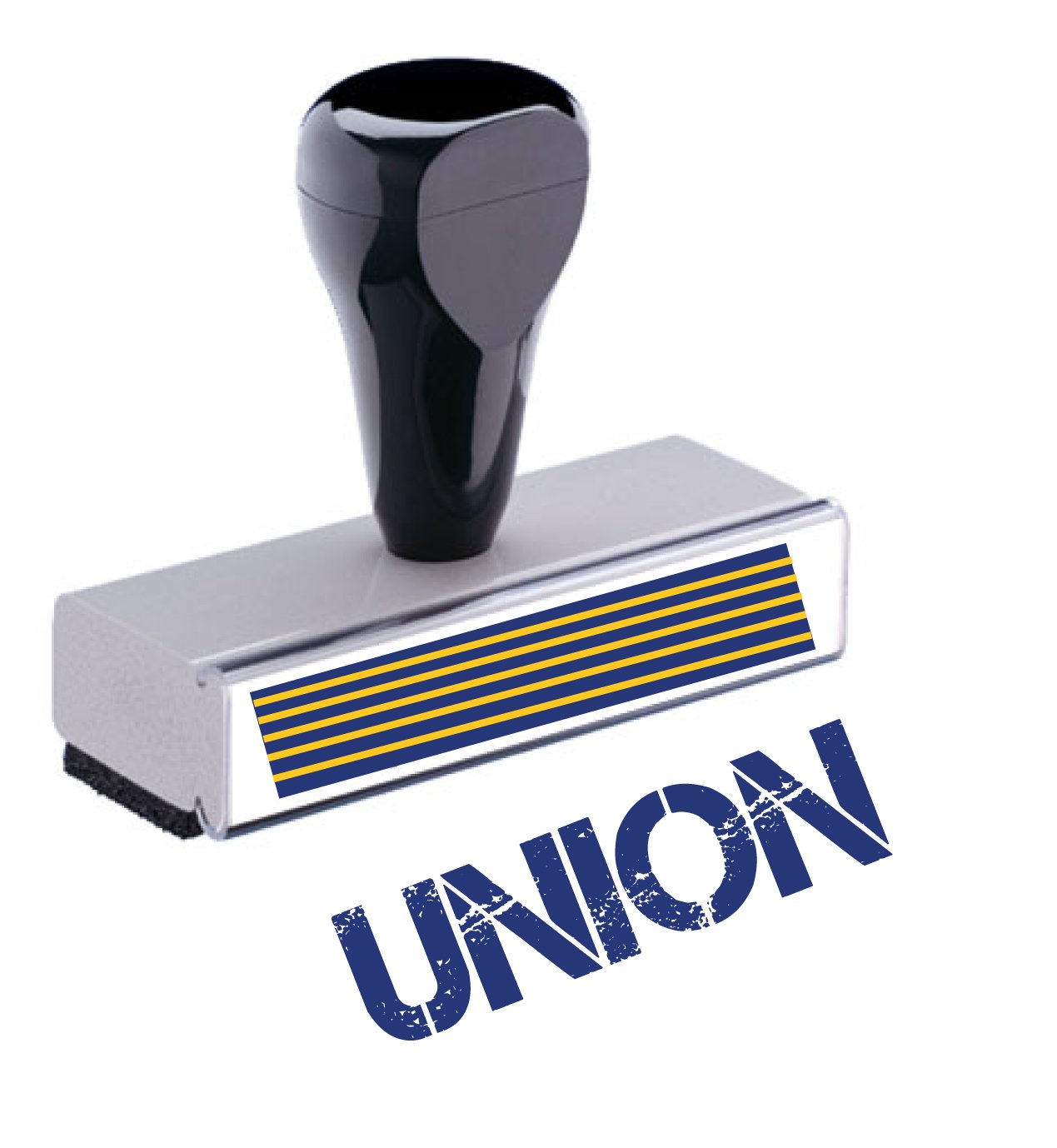
The battle between the governor of Wisconsin and his state employees illustrates the case for capitalism — and against government-run monopolies. Government employees hold a monopoly — or at least a strong advantage — in the provision of certain services. Over time, they get comfortable. If you have only one school system — the public school — or one garbage collector, or one snow removal office, well then, the employees in these monopoly businesses can pretty much do and demand whatever they want. For years, even decades, they sit pretty and they’re “fat and happy.” They might not become millionaires at their jobs, but they’re guaranteed income and retirement, in ever-increasing portions, for all of their lives.
It’s not such a great deal for the public that these monopolistic employees are supposed to “serve.” These fat and happy employees don’t really work for the customer. There is no customer; there’s just the abstraction of the “public,” a public who has little or no choice about obtaining these services elsewhere. This is even true for education, where theoretically you’re allowed to send your child to a private school. But what if you can’t afford it? Or what if there’s a lack of excellent private schools worth the money, since government dominates the market with its union-fed teachers and billions in government subsidies? If ‘the rich’ paid less in taxes to government, products and services everywhere would be cheaper, and the poor could afford to purchase education for their kids in a competitive market.
It would seem that sooner or later a day of reckoning would come for these employees who depend on the government to not only maintain their jobs, but to provide benefits in ever-increasing numbers. When government starts to run out of other people’s money, these employees are at the mercy of budget cuts or other actions by government to control spending. The Republicans who currently control the Wisconsin government are right that even with what they’re proposing in the way of cutbacks, these public sector employees still get more than most in the private sector can ever expect. This is true, but union officials, socialist ideologues and many employees themselves don’t care about this. They don’t want to lose what they see as the “right,” not only to ever-improving benefits as far as the eye can see, but to special government laws to ensure, under “collective bargaining,” that they always will have those benefits.
The problem for these employees and their public sector unions is not Republicans. It’s the nature of reality. Sooner or later, the party has to end. The free ride has to come to a stop. At the moment, I’m reading that Republicans in the state house and legislature are holding firm. Republicans always cave in at the end, and it would be a dramatic change if they continue to hold firm and ultimately win the Battle of Wisconsin. But even if the unions and public sector employees win this particular battle, they’re still at war with reality. By “reality” I’m referring to the fact that money simply doesn’t grow on trees. The economy in Wisconsin, as elsewhere, is not growing fast enough — indeed, it’s barely growing at all — to keep up with the demands for endlessly improving goodies provided for these employees by the government.
For many decades in the United States, union laws have given union workers not just the “right” to negotiate with their employers, but the obligation of their employers to negotiate with workers on terms the government deems fitting. It’s Communism-lite. In a free market, any individual or group is free to negotiate with any employer, and the employer is equally free to decide what to negotiate — or not negotiate — away. These are often complex and contentious matters, but it’s not for government to get in the middle of them, other than to enforce and uphold voluntarily agreed upon contracts by one or the other party.
In the case of public sector employees, as in Wisconsin and elsewhere, the situation is a little different. These employees are providing a monopolized service and by their very nature they hold the upper hand in negotiations. So long as one group or entity — typically represented by a union — holds the sole right to provide a service, they always have the upper hand. The challenge for rational government officials is not to break the back of the unions so much as to open up the market. Sure, let the unions exist without any special favors, perks or legislation to rig the rules in their favor. But also let those union employees have to compete with other individuals and groups in the marketplace. That’s what capitalism is, that’s what breeds excellence and affordability for consumers, and that’s the exact opposite of what government-run unions of government employees represent.
Of course these workers are outraged and have started rioting in the streets. They have been led to believe, and have come to believe themselves, that they are entitled to monopolized jobs in a market where they don’t have to compete. The rest of the world enjoys no such luxury. The rest of the world, outside of government employment, must compete and provide excellent products and services because their customers are voluntarily paying for them.
Up to now, government workers in Wisconsin and elsewhere have had it pretty good. They might not know it, but they have. The proof of this is the profound rage and anxiety they display when even a tiny portion of their never-ending goodies threaten to be taken away from them.
Win or lose in Wisconsin, the gig is increasingly up on public-sector employees. Their unions have run out of other people’s money, not just in Wisconsin but everywhere.
